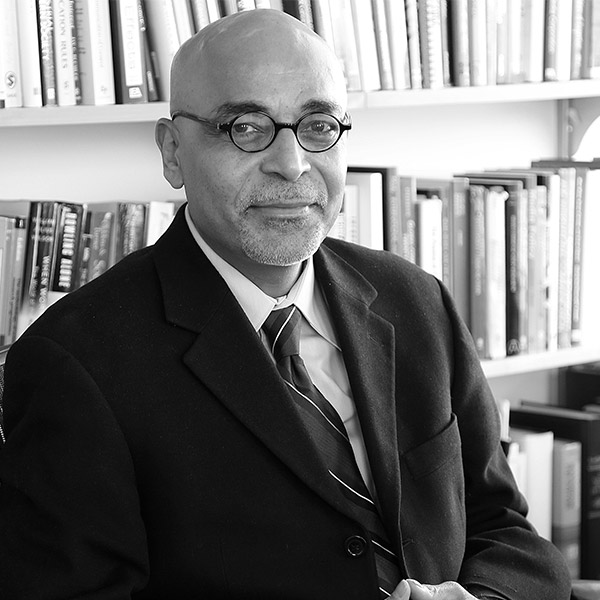The Centre for Social and Behaviour Change in collaboration with Harvard T. H. Chan School of Public Health and Project Sanchar hosted the webinar “Behaviour Change Post Lockdown: Staying ahead of the COVID-19 curve” on 21 May 2020 to an extremely positive response by the community.
The discussion highlighted the role of behavioural strategies to support adherence to necessary protective behaviours against COVID-19 – especially at a time when lockdowns are ending across the world and the responsibility for disease prevention shifts from the state to individuals. Our panelists applied the lenses of their own experience and research to discuss strategies from perspectives of public health, psychology and behavioural science.
We would like to thank our lively audience for adding value through the numerous pertinent questions that were answered by the panel. We would also like to share some notable insights that emerged from this webinar for your reference:
-
Dr. K. Viswanath of Harvard T. H. Chan School of Public Health explained how individual response to COVID-19 prevention is a balance of risk perception and competing priorities. He urged strategists to consider how the social class system and digital divide can hold people back from practicing healthy behaviours – reiterating that we need people to be a part of the solutions through a process of co-design.
-
CSBC Director, Dr. Pavan Mamidi described the key levers that are used to encourage behaviours: force of law, incentives, choice architecture and, most relevant for the current scenario, social norms. He described how people attach value to norms and how implicit ‘social costs’ or explicit enforcement in the form of reminders and cues can promote positive community behaviours to curb the spread of COVID-19.
-
Dr. Sanna Balsari-Palsule highlighted the need to understand psychographic variation within the population when developing behaviour strategies. She discussed how differences in personality and mental health can affect the practice of behaviours such as social distancing, and accounting for such differences can help us achieve better compliance as a society.
-
Elizabeth Serlemitsos of Breakthrough ACTION, The Johns Hopkins Center for Communication Programs compared the coronavirus pandemic with her past experiences in addressing HIV and Ebola epidemics – most important difference being that today we rely on individuals to practice behaviours that might benefit others. She also highlighted the urgent need to continue delivery for other health services (such as immunisation, treatment for malaria etc.) which if not provided, can cause the loss of more lives than the mortality of COVID-19 itself.
OUR PANELISTS:
 Keynote Speaker
Keynote SpeakerDr. K. Viswanath
Harvard T. H. Chan, School of Public Health, Harvard University
 Dr. Sanna Balsari Palsule
Dr. Sanna Balsari PalsuleBehavioural Scientist
 Dr. Pavan Mamidi
Dr. Pavan MamidiCentre for Social and Behaviour Change
 Ms. Elizabeth Serlemitsos
Ms. Elizabeth SerlemitsosBreakthrough ACTION, The Johns Hopkins Center for Communication Programs
OUR MODERATORS:
 Pooja Haldea
Pooja HaldeaCentre for Social and Behaviour Change
Have more questions?
We would love to hear from you! If you have a question for us or a suggestion on how we can make this platform even more engaging, please write to us at csbc@ashoka.edu.in


